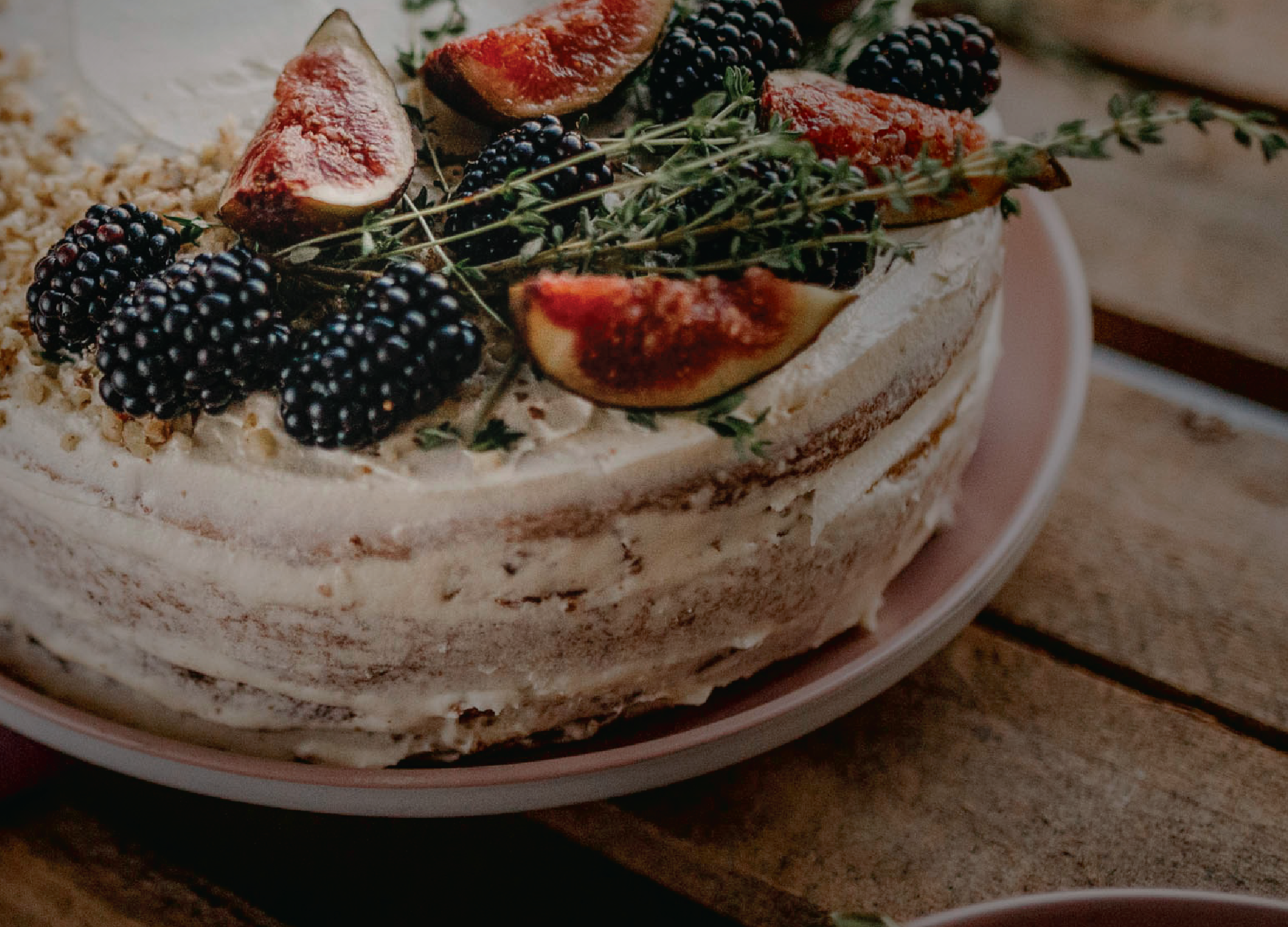You might describe my family as The Great British Bake Off superfans. Our toddler has seen so many episodes of the show she parrots the hosts’ “Ready, set, bake!” with gusto. We hold an annual “Great Stewart Bake Off” at Christmastide where each of our kids tackles an ambitious recipe accompanied by the GBBO soundtrack. We champion our favorite bakers as we watch new seasons and we cry in every finale—our hearts bursting with pride for the accomplishments of the competitors we’ve come to love. It’s a feel-good show in dark and divisive times, but I believe it’s an icon of much more.
In each season, a dozen amateur bakers compete for the grand prize. We watch the contestants bake stunning creations and struggle through technical challenges before being judged by an intimidating duo of professional bakers. But The Great British Bake Off (marketed as The Great British Baking Show in the United States) isn’t really a series about cakes and pastry. It’s a celebration of the best of what makes us human—something we can lose touch with in modern life.
In what Pope Francis calls our “throwaway culture,” we learn to view other people as things to be used rather than children of God to be loved. If you have ever worked in retail or restaurants you know what it feels like for others to ignore your humanity and see you through the lens of the consumer. Is that a person behind the cash register or merely the thing that rings up my purchases? Does the server who comes to my table have feelings or are they merely the vehicle that brings my food? Our throwaway culture diminishes our humanity.
We see this dehumanization on social media as well. We tend to whittle people down to merely their opinions on politics, sports, or what have you until they become only an avatar to be sorted into this or that ideology that may or may not meet with our approval. As a consumer of “takes,” we forget that the take maker is also a person who was born somewhere, grew up in a family, and had formative experiences and heartbreaks.
While we don’t personally know the GBBO bakers’ stance on anything but biscuits, over the course of ten weeks of episodes we learn other things about them. After baking a cake in her honor, we can tell that Crystelle dearly loves and misses her late grandmother. Chiggs didn’t even bake at all until the pandemic, then took it up as a comforting new hobby and fell in love with it. Guiseppe’s father is in ill health but beyond proud that his son is carrying on the family tradition of Italian desserts. These details endear them to us. The show highlights their humanity.
Unlike your typical exploitive reality show, GBBO doesn’t play up drama, tension between contestants, or meltdowns. In fact, the original hosts of the show, Mel and Sue, protected bakers who became rattled or burst into tears. Rather than allow these embarrassing moments to air, they sabotaged footage of these emotional breakdowns by cursing loudly on set—the footage was rendered unusable and the dignity of the bakers was spared. This set the tone for a show of camaraderie and gracious encouragement. The Great British Bake Off presents us with people, not “entertainment entities exploited at any cost,” and thus we viewers become more than consumers; we become people too.
I was reminded when preparing my great grandmother’s pie recipe with my daughters this Thanksgiving what a moving thing it is to bake together. Many of our most treasured memories are connected to food. Food touches the deepest parts of our identity, and sharing a meal helps us appreciate the humanity of the person sitting across the table. Perhaps this is why at the heart of our faith we are brought together by the Eucharist. At the Lord’s table we are united by sharing this sacrament. After receiving communion, I love to watch my fellow parishioners receive. I am always struck by both the beauty and awkwardness of each person that walks up the aisle like a child toddling into a mother’s arms—each beloved by a Heavenly Father. Attending a rather large parish, many of my fellow parishioners are strangers to me. I don’t know their political views or opinions on the news. My only interaction with them highlights their most essential identity: they are children of God—loved enough for him to sacrifice himself for their salvation.
Of course, getting into the nitty gritty of human relationships is messier than the cozy feelings that a general sense of goodwill—or The Great British Bake Off—elicits. C.S. Lewis reminds us, “It is easier to be enthusiastic about Humanity with a capital ‘H’ than it is to love individual men and women. . . . Loving everybody in general may be an excuse for loving nobody in particular.” We shouldn’t forget that loving human beings means loving the unattractive, flawed, annoying, cruel, insipid, or hypocritical people we encounter in real life—nearly impossible as it may be. But perhaps by reveling in the best of humanity—as viewers do with Bake Off—we can be reminded of the humanity of those we find most difficult to love.
